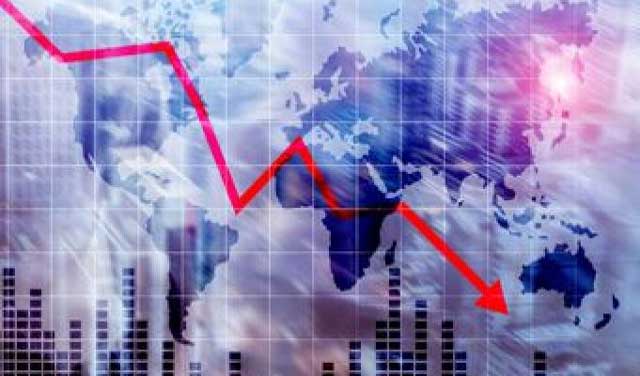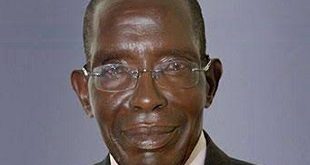
Kampala, Uganda | THE INDEPENDENT | The economic uncertainty of the COVID-19 coronavirus epidemic will likely cost the global economy USD 1 trillion in 2020, the UN’s trade and development agency, UNCTAD, has said.
The warning was sounded by Richard Kozul-Wright, the Director, Division on Globalization and Development Strategies at UNCTAD amid concerns about supply-chain interruptions from China, and oil price uncertainty among major producers. Kozul-Wright warned that few countries were likely to be left unscathed by the outbreak’s financial ramifications.
In an analysis released on Monday March 9, UNCTAD observed that even if the worst is avoided, the hit to global income, compared with what forecasters had been projecting for 2020, will be capped at around the trillion-dollar mark.
“We envisage a slowdown in the global economy to under two per cent for this year and that will probably cost in the order of USD 1 trillion, compared with what people were forecasting back in September,” He said as world financial markets started tumbling.
Losses of consumer and investor confidence are the most immediate signs of spreading contagion, the analysis says. The analysts added that a combination of asset price deflation, weaker aggregate demand, heightened debt distress and a worsening income distribution could trigger a more vicious downward spiral.
One “Doomsday scenario” in which the world economy grew at only 0.5 per cent, would involve “a USD 2 trillion hit” to gross domestic product, he said, adding that collapsing oil prices had been a contributing factor to that growing sense of unease and panic.
He explained that while it was difficult to predict how the international financial markets will react to COVID-19’s impacts, what they do suggest is a world that is extremely anxious. “No one saw this coming, but the bigger story is a decade of debt, delusion and policy drift,” he added.
He added that to counter these fears, governments need to spend at this point in time to prevent the kind of meltdown that could be even more damaging than the one that is likely to take place over the course of the year.
He says that heavily-indebted developing countries, particularly commodity exporters, face a particular threat, thanks to weaker export returns linked to a stronger US dollar. “The likelihood of a stronger dollar as investors seek safe-havens for their money, and the almost certain rise in commodity prices as the global economy slows down, means that commodity exporters are particularly vulnerable.”
Although the threat of COVID-19 becoming an official pandemic has become very real, the world is not at the mercy of the virus, said the World Health Organization (WHO) head, Tedros Adhanom Ghebreyesus, during his Monday briefing to journalists.
He said it was important not to let grim milestones such as passing the infection rate of 100,000 worldwide, sap resolve to contain the disease, stressing that 93 per cent of deaths so far have been in just four countries.
It would be “the first pandemic in history that could be controlled. The bottom line is, we are not at the mercy of the virus”, he added.
WHO’s Executive Director for Health Emergencies Programme Dr Michael Ryan said the real tragedy, in the coming days and weeks, will be the moral hazard and the dilemma that health workers may face if they’ve got COVID-19 patients in front of them who need help and they don’t have the protective equipment to protect themselves.
********
URN
 The Independent Uganda: You get the Truth we Pay the Price
The Independent Uganda: You get the Truth we Pay the Price


